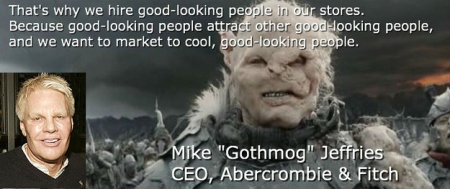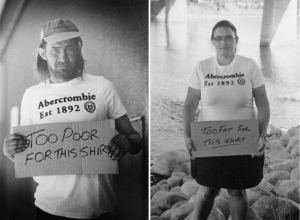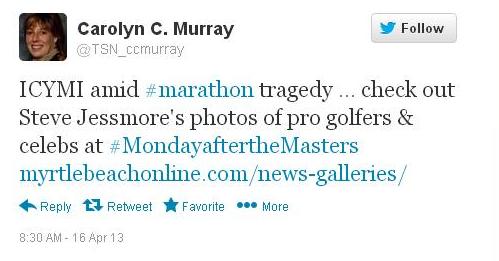We’ve all got our favourite brands when it comes to consumerism, it can be a preferred cereal, a trusted skincare regime, a much-loved perfume, or anything else you can imagine buying. For each of these there might be different reasons behind your favourites, you might like the company’s profile and corporate ‘personality’, you might associate a scent with someone you love, or maybe you like to relive your childhood by having Frosties each morning.
I’m no different, and I thought I would turn the spotlight on some of mine; one of many being Innocent Smoothies.

I love the little quirky elements of humour they throw in
First things first: their drinks are YUM. Really, really yum! I will admit they are a bit pricey, but if I’m honest with myself this is part of the appeal they hold for me. As my Dad often likes to tell me, I tend to ‘live beyond my means’ and often opt for the more expensive brands in all areas of life!

A typical newsletter from Innocent
I’m a big fan of their website, facebook page, and generally the online personality they have created for themselves. I signed up to their newsletter a while ago, and in an inbox inundated with newsletters and promos (I love signing up for these things as a marketing geek), theirs is one I actually make a point to open and read.
They are already quite well known for having one of the ‘coolest’ office spaces in London, and I’ll readily admit I’d love to work there (free smoothies – who wouldn’t?!). You very quickly get a real sense of the company culture at ‘fruit towers’, and by referring to each employee regularly and on a first-name basis you feel far more engaged with them, and it humanises what would otherwise be just another faceless corporation; an approach I find really refreshing and appealing.
Of course I have to mention that a huge part of their company mission is to promote environmental responsibility and sustainability, and this is something we can all relate to. They are probably one of the most ethical companies that I can think of, and it’s inspiring to think how different the world could be if other companies aspired to be more like them.

Promoting sustainability







